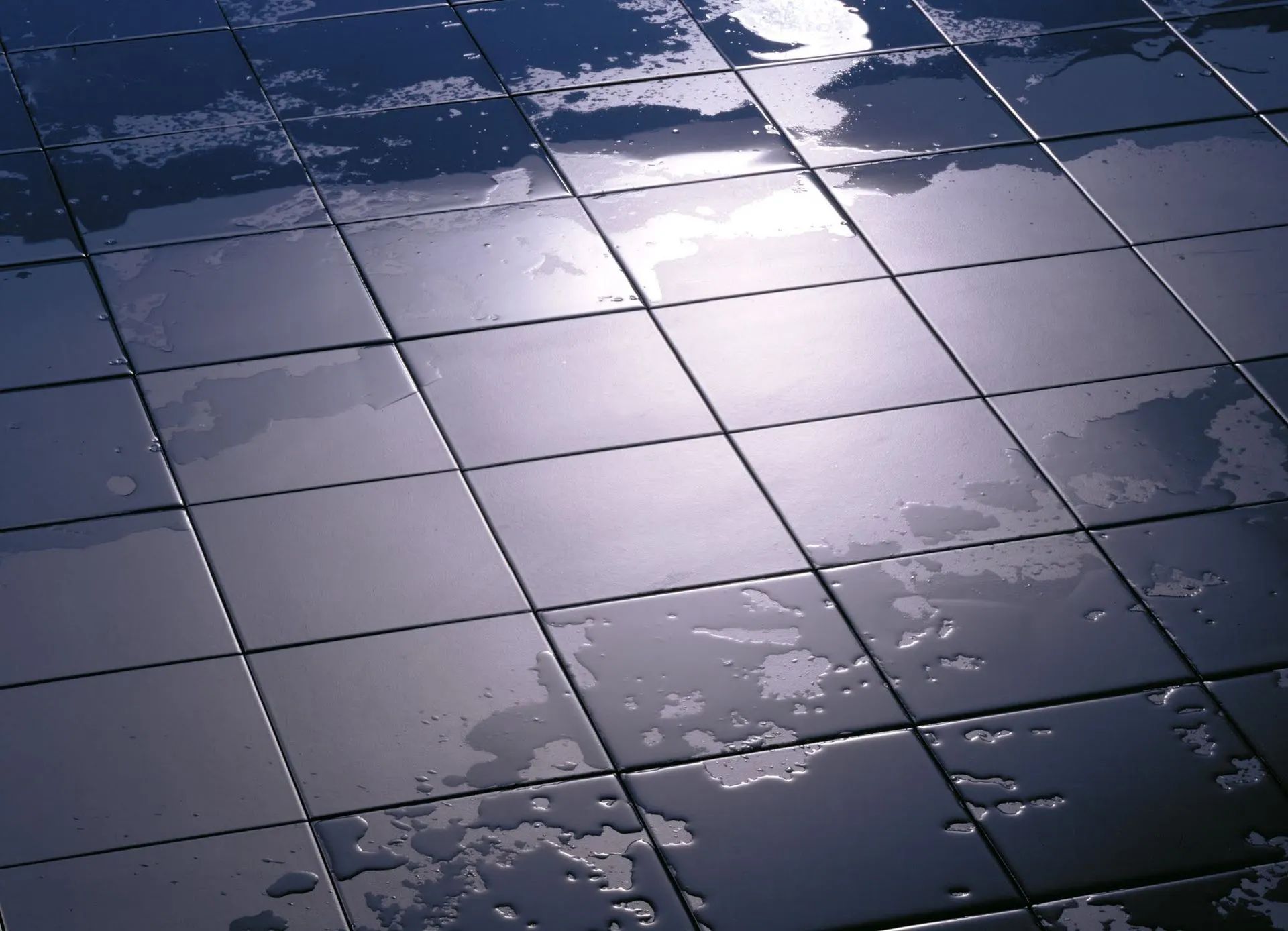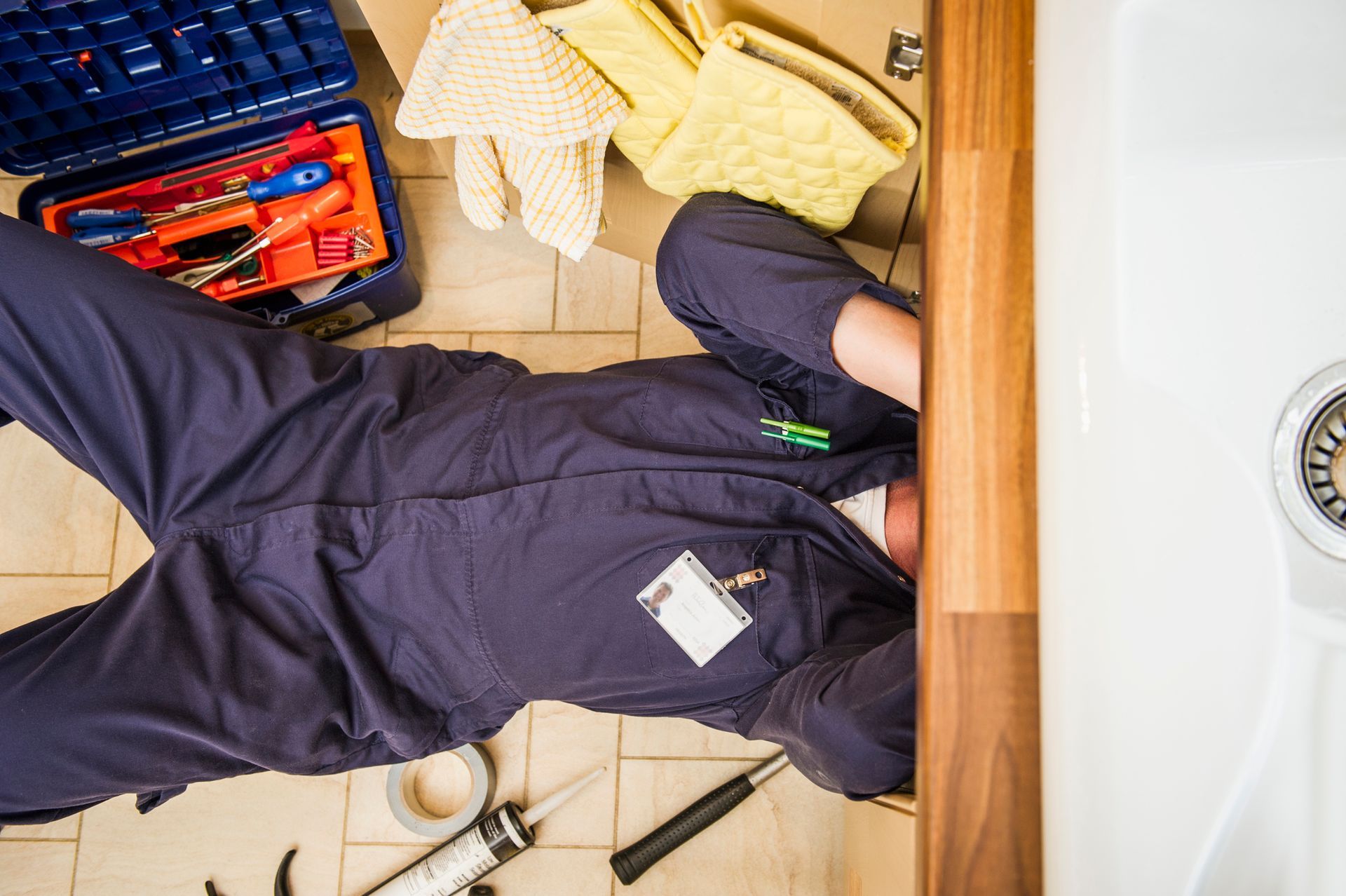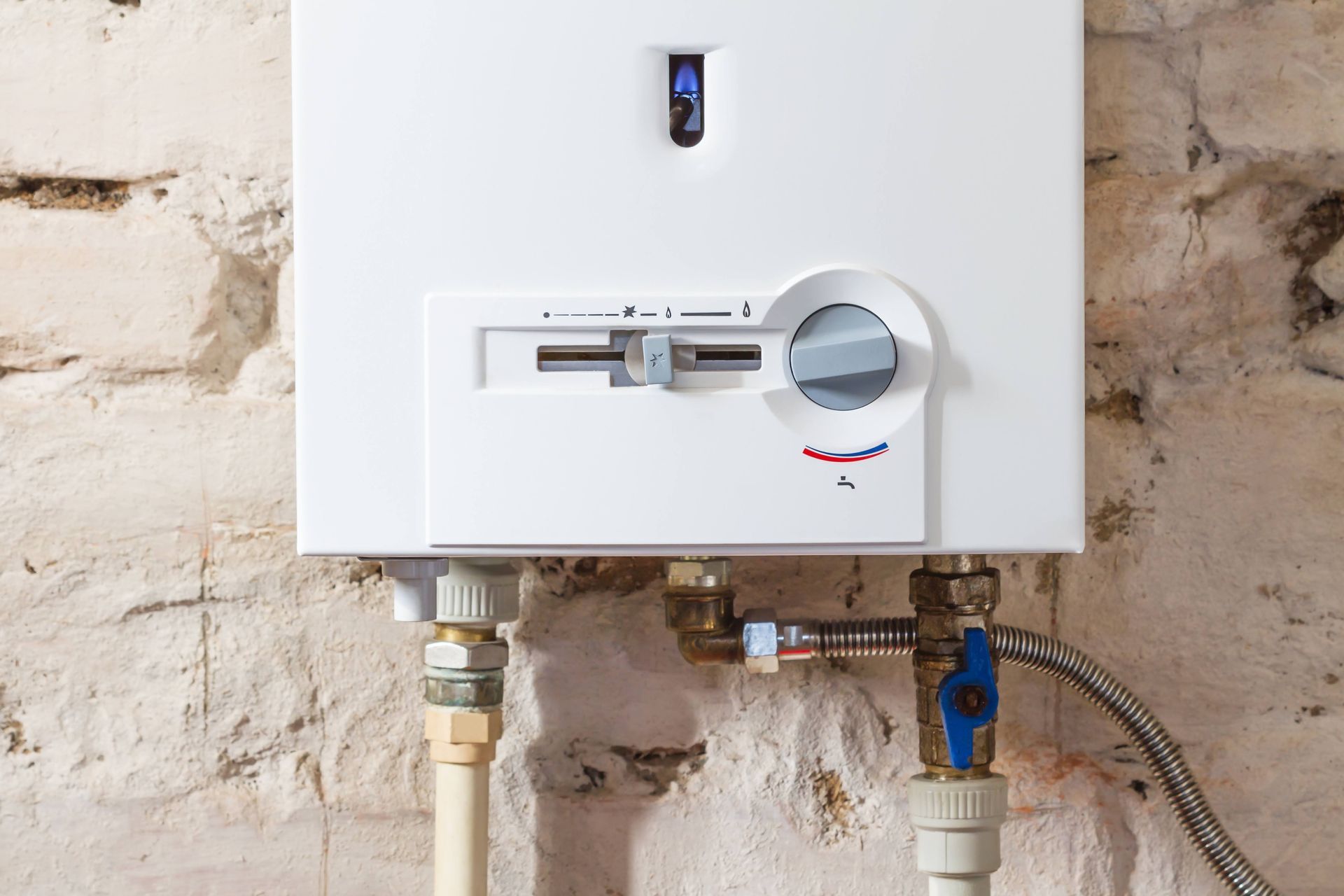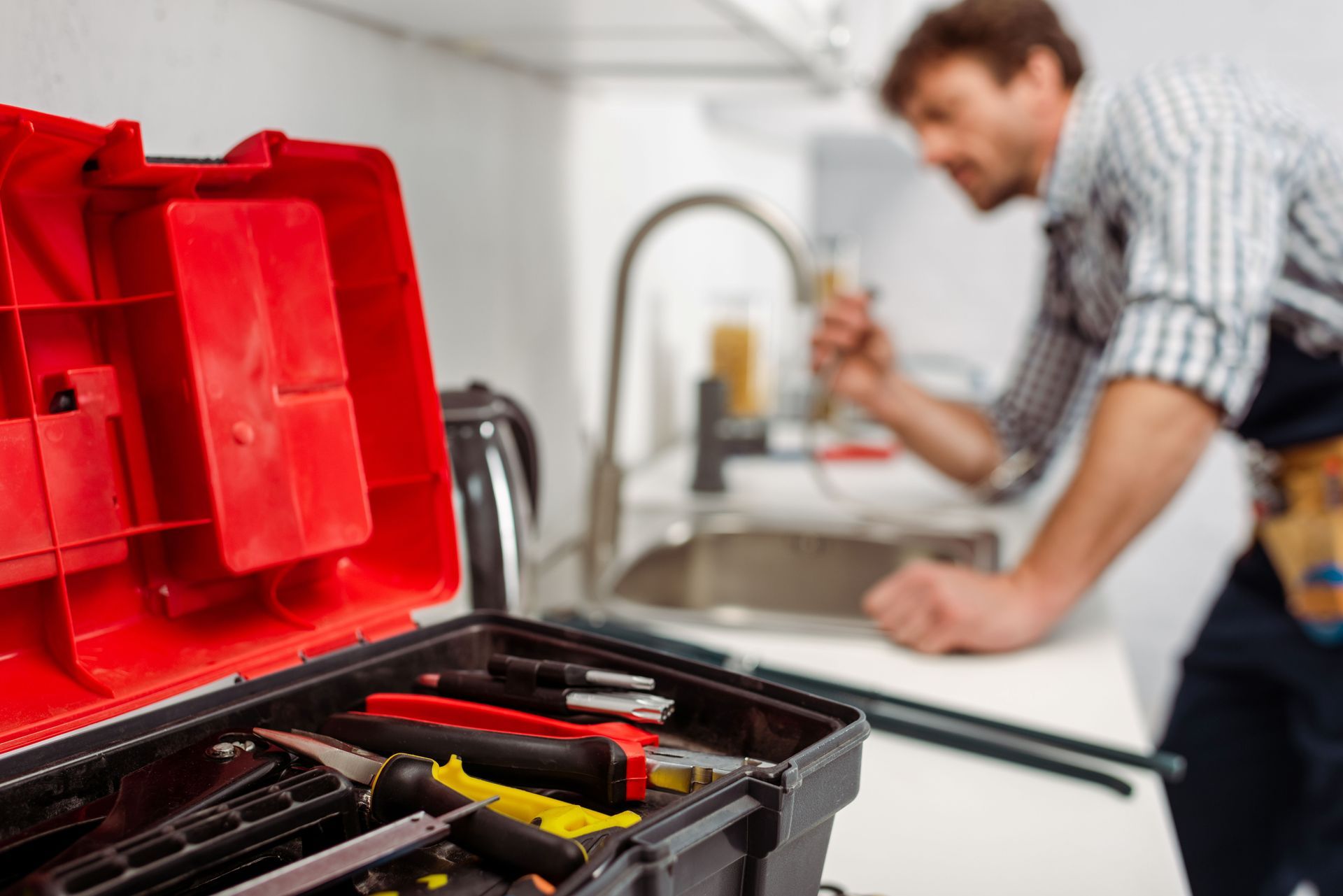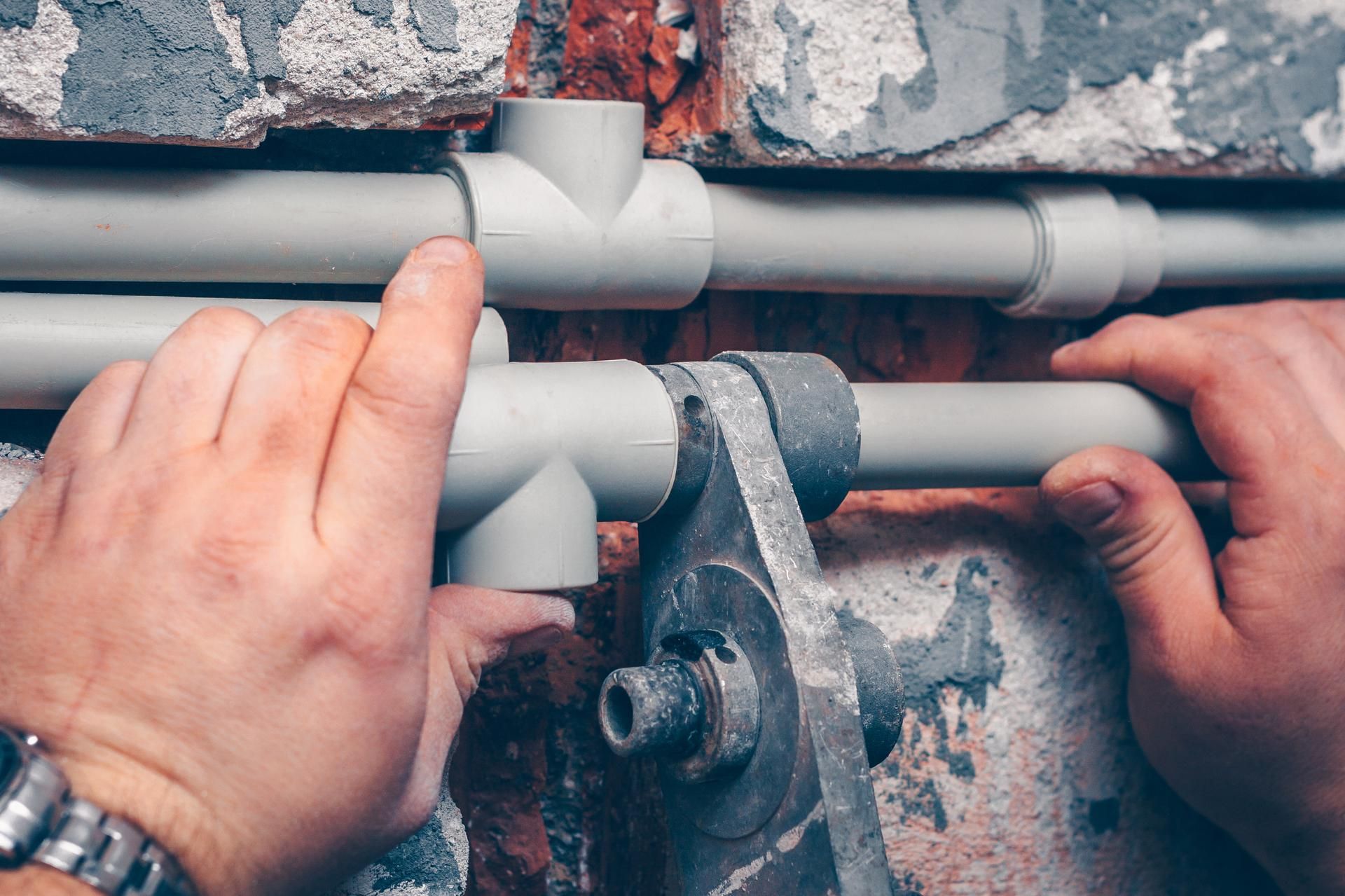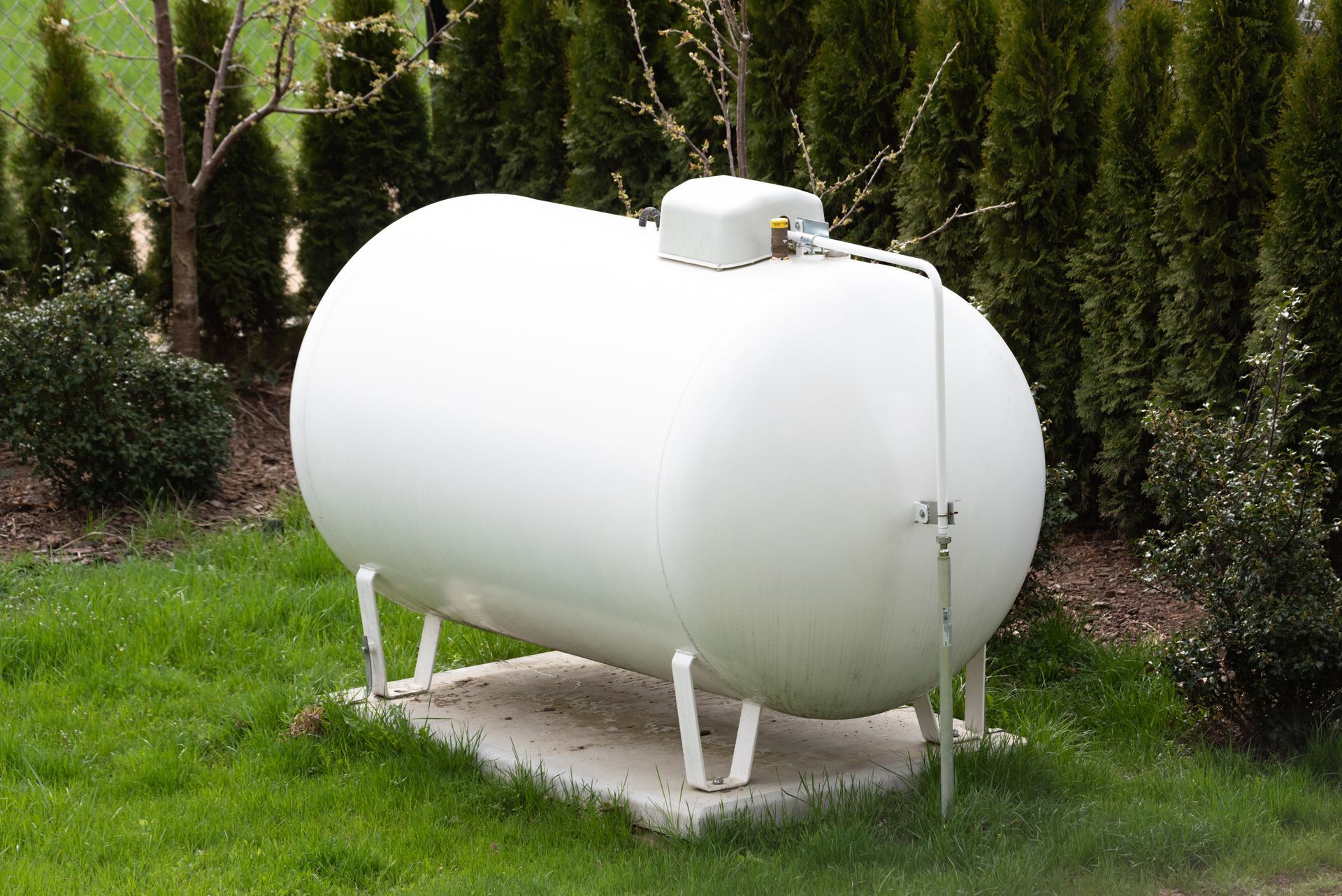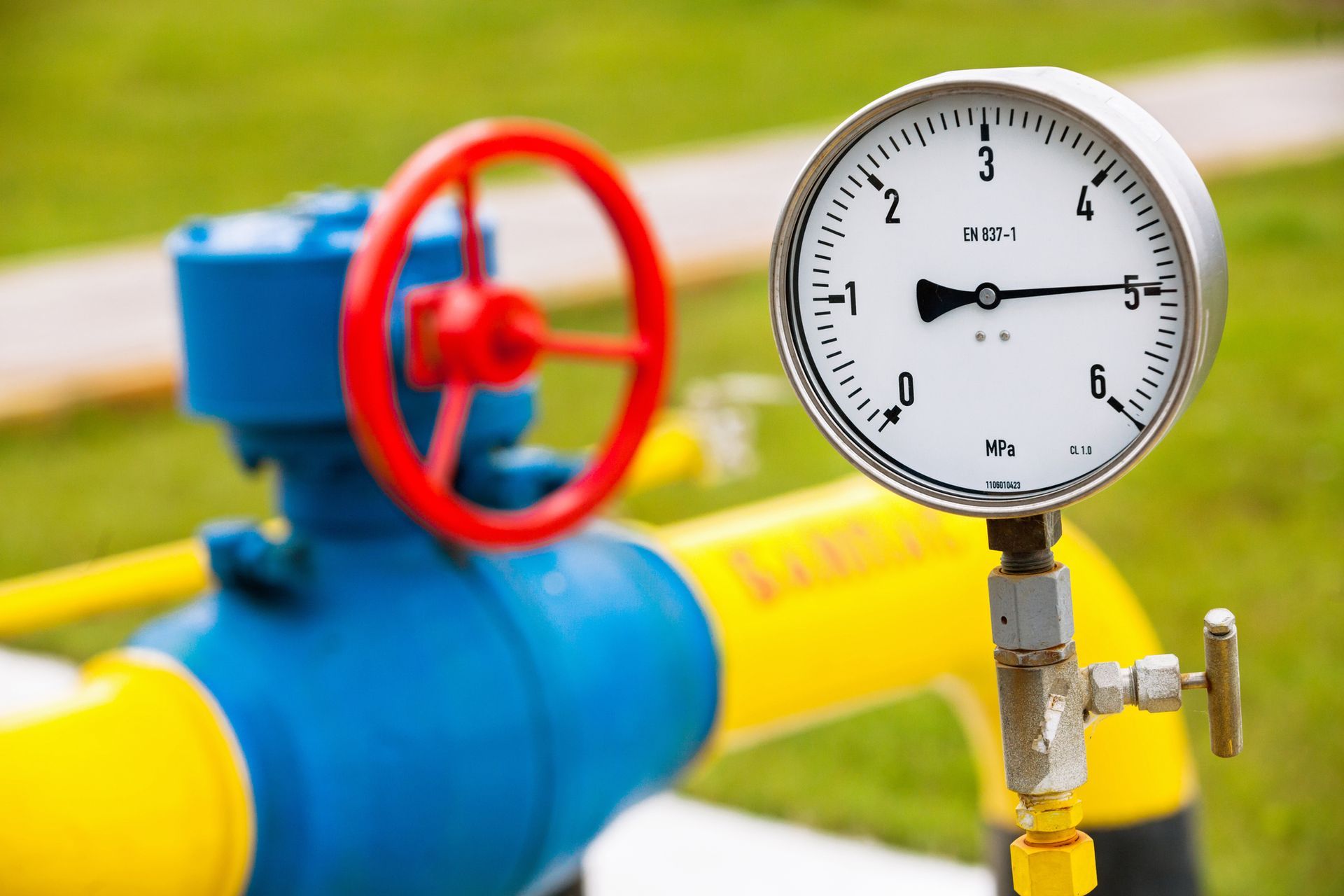Understanding Water Softeners and Choosing One for Your Home
Water is one of the most essential resources for human life, and we use it daily for various purposes. However, not all water is created equal. Hard water, in particular, can be a major inconvenience in our daily lives. If you live in an area with hard water, you might have noticed that your appliances and plumbing fixtures get covered in white residue, your clothes are not as soft after washing, and soaps and detergents don't lather well. These are all signs of hard water. To combat this problem, many households turn to water softeners. In this guide, we'll discuss what a water softener is and how it works.
What Is Hard Water?
Hard water is full of minerals. Minerals, such as calcium and magnesium, dissolve in the water as it passes through rocks and soil, making the water hard. The degree of hardness can vary depending on where you live, with some areas having extremely hard water.
How Do Water Softeners Work?
Water softeners use a process called ion exchange to remove calcium and magnesium ions from your water. When hard water passes through the softener, it flows over a resin bed containing sodium or potassium ions. The hard minerals are exchanged for these softer ions, thereby softening the water.
Benefits of Water Softeners
Water softeners offer numerous advantages that enhance daily life and home maintenance. Primarily, softening water helps prevent the accumulation of scale in plumbing systems and appliances, extending their lifespan and maintaining efficiency. Additionally, using softened water can lead to noticeable improvements in skin and hair texture, as it reduces dryness and irritation often caused by mineral-laden water. Households may also observe a decrease in soap and detergent use, as softer water generates more lather, leading to cost savings over time. These benefits contribute to a more comfortable living environment and can enhance the value of one's home by protecting essential infrastructure.
Choosing the Right Water Softener
When selecting a water softener, several factors need consideration. Start by assessing the hardness level of your water, which can be determined through a simple test. This will help you choose a softener with the appropriate capacity. Additionally, consider the type of regeneration process — whether it's time-initiated or demand-initiated — as this will affect both efficiency and water usage.
Types of Water Softeners
There are different types of water softeners available, each with its pros and cons. Salt-based systems are the most prevalent and efficient option available; however, they do necessitate regular maintenance and periodic salt refills. Salt-free systems use a different technology that prevents minerals from forming scale, but they may not be as effective in areas with very hard water. Dual-tank systems offer continuous soft water, which is ideal for larger households.
Installation and Maintenance
Proper installation is crucial for the optimal performance of your water softener. It's recommended to hire professional plumbing installation services to ensure it's set up correctly. Regular maintenance, such as checking the salt levels and cleaning the resin bed, is essential for the longevity and efficiency of the system.
Cost Considerations
The cost of a water softener can vary significantly depending on its type and capacity. While initial costs may seem high, investing in a quality system can save you money in the long run by protecting your plumbing and reducing the need for repairs. Additionally, consider the ongoing maintenance costs, including the price of salt or other necessary supplies.
Environmental Impact
When choosing a water softener, it's important to consider its environmental impact. Salt-based systems discharge brine into the wastewater, which can be harmful to the environment. Some municipalities have restrictions on these types of systems, so it's essential to check local regulations. Salt-free systems are generally more eco-friendly, though they may not be suitable for all water conditions.
Enhancing Home Comfort
Installing a water softener can significantly enhance the comfort and quality of life in your home. Soft water feels smoother on the skin and hair, and it doesn't leave soap scum on bathroom fixtures. It also prevents hard water stains on dishes and glassware, making cleaning tasks much easier.
Understanding the benefits and functionalities of water softeners can help you make an informed decision when addressing hard water issues in your home. Enhance your home's water quality today and experience the comfort and efficiency of soft water.
If you need help choosing and installing a water softener in your home, contact our experienced plumbers at Suncoast Plumbing.
